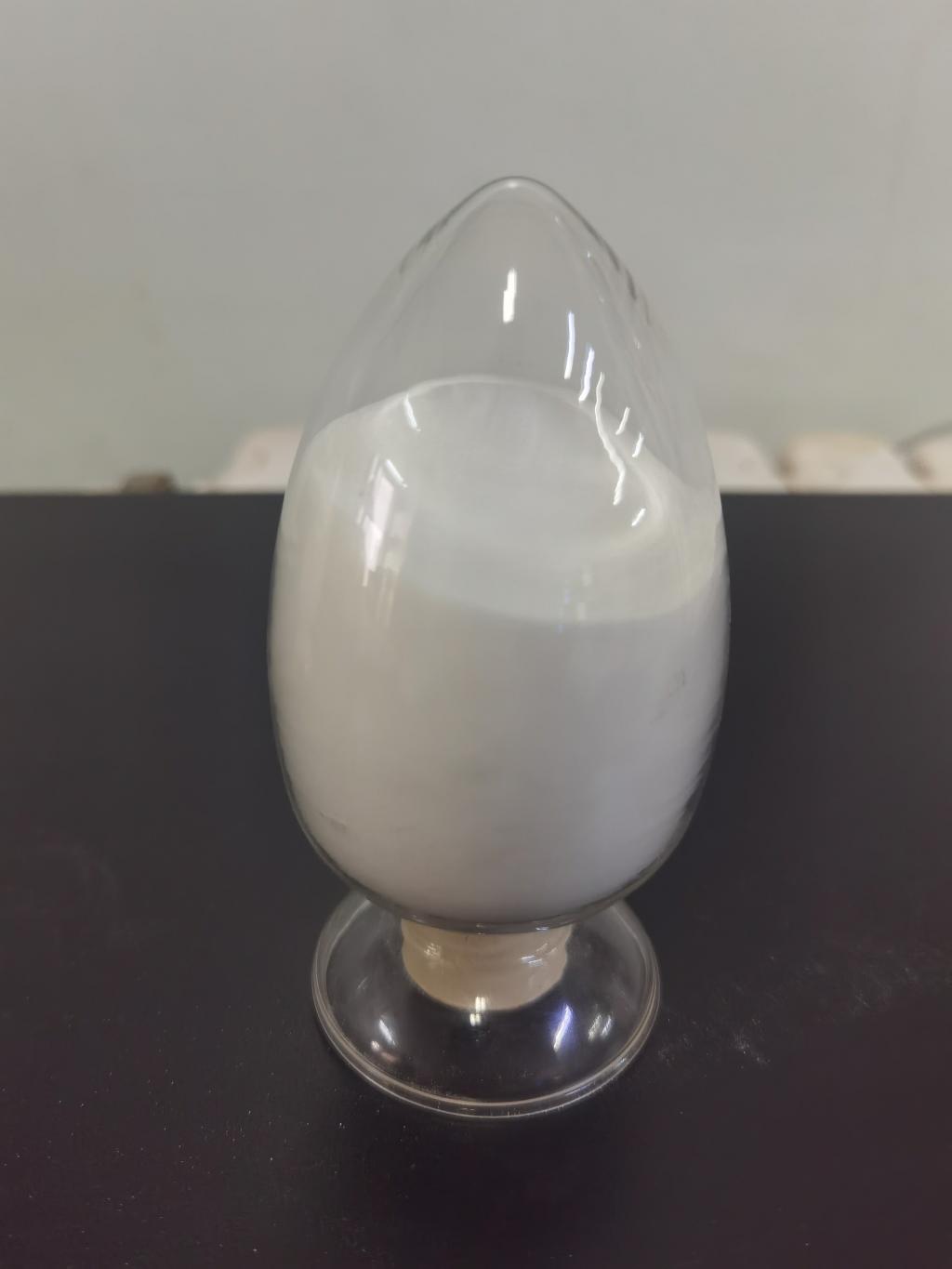Tel:+8618231198596

News
 CONTACT
CONTACT
 CONTACT
CONTACT
- Linkman:Linda Yao
- Tel: +8618231198596
- Email:linda.yao@dcpharma.cn
- Linkman:CHARLES.WANG
- Department:Overseas
- Tel: 0086 0311-85537378 0086 0311-85539701
News
Current Position:
Home >
News
>ε-Polylysine hydrochloride in preserving the quality of gourmet prepared foods
ε-Polylysine hydrochloride in preserving the quality of gourmet prepared foods
TIME:2024-11-27
Preservation Challenges in Gourmet Prepared Foods
Prepared foods, particularly gourmet offerings, are susceptible to microbial spoilage due to their fresh ingredients, high moisture content, and complex recipes. Common issues include:
Bacterial contamination: Pathogens such as Listeria monocytogenes and Staphylococcus aureus pose significant safety risks.
Yeast and mold growth: These spoilage organisms can affect texture, flavor, and appearance.
Oxidation and enzymatic changes: These processes degrade the sensory qualities of prepared foods over time.
Maintaining the delicate balance between safety, shelf life, and flavor authenticity is particularly critical for gourmet prepared foods, which often command premium prices.
The Role of ε-Polylysine Hydrochloride
ε-Polylysine hydrochloride, derived from the fermentation of Streptomyces albulus, is a natural antimicrobial peptide with broad-spectrum activity. It effectively inhibits the growth of Gram-positive and Gram-negative bacteria, yeasts, and molds, making it a versatile preservative for a wide range of gourmet prepared foods.
Applications in Gourmet Prepared Foods
Ready-to-Eat Meals
ε-Polylysine hydrochloride can be incorporated into sauces, gravies, or marinades to inhibit microbial growth and prevent spoilage, preserving the freshness of gourmet ready-to-eat meals.
Delicatessen Salads and Dips
These high-moisture foods, often made with perishable ingredients like mayonnaise or dairy, benefit from the antimicrobial protection of ε-Polylysine hydrochloride, which extends their shelf life without altering flavor.
Premium Soups and Stews
Gourmet soups and stews are prone to spoilage during refrigerated storage. ε-Polylysine hydrochloride helps maintain microbial stability, ensuring consistent quality over time.
Artisanal Baked Goods with Fillings
Baked goods containing cream, custard, or fruit fillings can harbor spoilage microorganisms. Incorporating ε-Polylysine hydrochloride into these products helps prevent mold growth and spoilage.
Advantages of ε-Polylysine Hydrochloride for Gourmet Foods
Natural and Clean-Label Appeal: ε-Polylysine hydrochloride aligns with consumer demand for natural ingredients and minimally processed foods.
Extended Shelf Life: By controlling microbial growth, it reduces food waste and enhances the viability of gourmet foods in retail and catering settings.
Flavor and Texture Preservation: Unlike some synthetic preservatives, ε-Polylysine hydrochloride does not impact the sensory qualities of foods, maintaining their premium appeal.
Safety Assurance: Its broad-spectrum antimicrobial activity protects against pathogens, ensuring consumer safety.
Considerations and Optimization
While ε-Polylysine hydrochloride is highly effective, its use in gourmet prepared foods must be carefully optimized to avoid interfering with the delicate flavor profiles of these products. Additionally, regulatory approvals and labeling requirements vary across regions, requiring compliance with local food safety standards.
Combining ε-Polylysine hydrochloride with other preservation techniques, such as vacuum packaging, refrigeration, or natural antioxidants, can further enhance its effectiveness and cater to diverse gourmet food categories.
Future Prospects
The growing demand for gourmet prepared foods, coupled with increasing consumer awareness of food safety and sustainability, presents opportunities for innovation in preservation methods. Future developments may include:
Encapsulation Technologies: Controlled-release systems for sustained antimicrobial activity.
Synergistic Formulations: Combining ε-Polylysine hydrochloride with other natural preservatives for broader microbial protection.
Personalized Preservation Solutions: Tailoring preservation methods to specific gourmet food categories and storage conditions.
Conclusion
ε-Polylysine hydrochloride offers an effective and natural solution for preserving the quality and safety of gourmet prepared foods. By addressing microbial risks without compromising flavor, texture, or authenticity, it supports the growing demand for high-quality, ready-to-eat culinary experiences. As consumer preferences and food technologies evolve, ε-Polylysine hydrochloride will remain a cornerstone of innovative and sustainable food preservation strategies.
- Tel:+8618231198596
- Whatsapp:18231198596
- Chat With Skype







